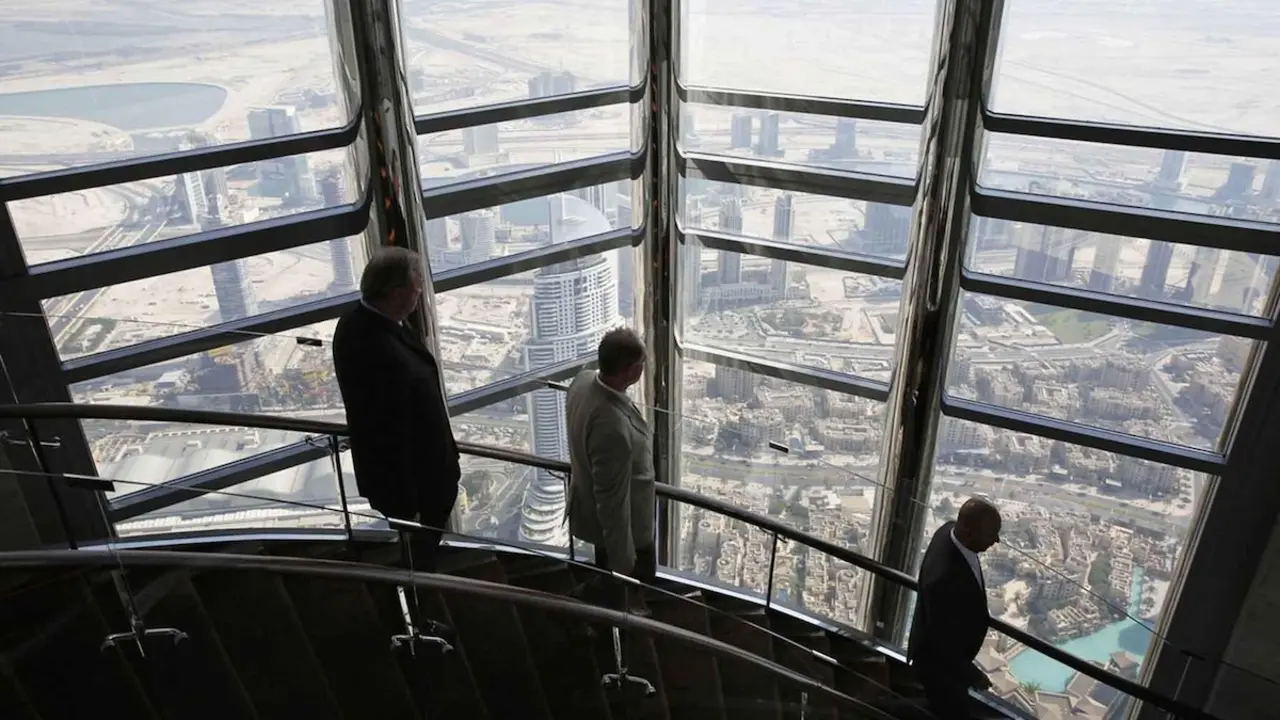One year after the coup, Sudan makes political but not economic progress

One year after the military removed Omar al-Bashir from the presidency of Sudan in a bloodless coup, the country is stumbling along in its political transition process, but is still unable to find solutions to its entrenched economic problems.
Inflation and shortages led the Sudanese population to take to the streets in December 2018 at the start of a process that would end three decades of al-Bashir's rule. What the accusations of genocide in Darfur did not achieve, the economy collapsed.
One year later, Sudan is slowly moving forward in creating new institutions, dismantling the structures of the old regime and finding a space for peace with the different factions and armed groups.
Al-Bashir, 76 years old, is still fighting his own battle in the courts where he has already been sentenced and more trials await him.
The former president was sentenced last December to two years in prison in a social reform institution, for financial corruption, after the authorities found around 7 million euros and 300,000 dollars in his residence.
The sentence, reduced from 10 to 2 years and applicable in a non-prison institution because of the guarantees offered by the law to those sentenced over 70 years of age, was confirmed this week by an appeal court.
Al-Bashir also has an indictment pending from the prosecution for the 1989 coup that brought him to power.
In total, the Office of the Attorney-General has brought 412 charges against Al-Bashir and several leaders of his regime on criminal charges and charges of political and financial corruption. The coronavirus has prevented those charges from being brought before the courts.
The two sides that have led the transition in the country: the Military Council and the Forces for Freedom and Change, a movement that brings together civilian and pro-democratic forces, reached an agreement on a Constitution and a series of objectives to be achieved.
These include achieving peace, addressing the economic crisis and dismantling the Al-Bashir regime.
Last November, the Sovereign and Ministerial Councils adopted a law to eradicate the institutions and posts of the former regime. So far, the committee in charge of implementing this decision is making progress.
The spokesman of the Forces of Freedom and Change, Waydi Saleh, told Efe that more than 100 ambassadors and diplomats have been dismissed, in addition to other positions in government ministries, institutions and companies.
Saleh stressed that "the committee managed to return real estate and institutions of the former Al-Bashir regime, confiscate the headquarters of the former ruling National Congress party and close down the party's affiliated organizations.
Also the peace process with the different armed movements in the country, for which for years there had been no response other than war, is progressing at different negotiating tables in Yuba.
The spokesman acknowledged delays in the formation of the transitional parliament and the appointment of civilian governors in the states, something that demands a prior solution with the guerrilla movements for which representation in the country's new institutions is planned.
However, for Saleh, "the point of weakness of this government is not to address the economic crisis", which is the basis of the problem that led thousands of people to take to the streets in December amid rising prices and shortages of essential supplies.
Professor of Political Science Khaled Omran of the University of the Two Niles told Efe that "economic conditions have become unbearable hell, the Sudanese pound has lost 40% of its value since the fall of Al-Bashir and the rate of inflation has increased and shortages of fuel and bread continue".
Inflation is around 71% in March, compared to 44% in April last year, and according to the International Monetary Fund (IMF), the public deficit and foreign debt are at 211.7% and 198.2%, respectively.
Omran added that the peace process with armed movements in the Darfur region and the South Kordofan and Blue Nile regions is still stalled, especially with influential movements such as the Northern People's Movement led by Abdelaziz al-Helu and the Sudan Liberation Movement led by Abdel Wahed Nur.
The constitutional document specified six months to achieve peace, which ended last March, but negotiations between the Government and the Revolutionary Front coalition were extended until April.








